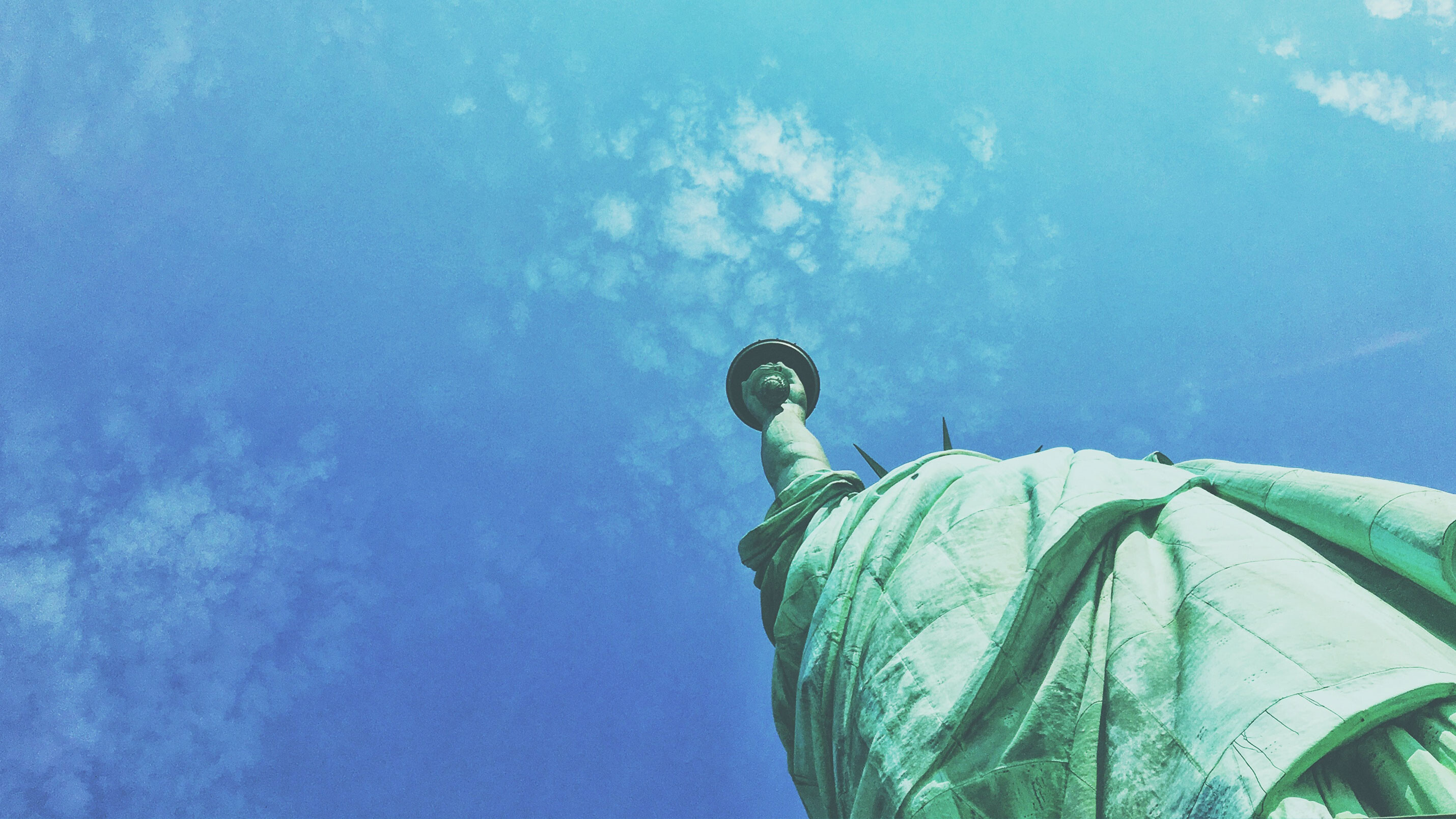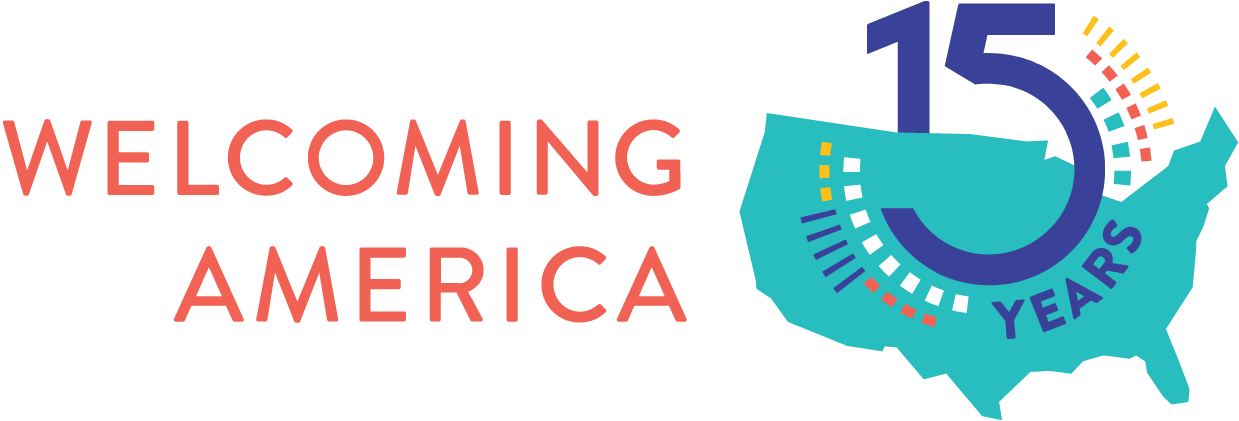
The human on the other side of Trump’s wall: Lessons from Schindler’s List in an era of othering
Like all nations, America is bound together by deep, and often deeply conflicted, myths and narratives about who we are.
The President’s demands for a border wall has refashioned policy discussion about immigration into a retelling of one of the most dangerous narratives we have—one that falsely pits immigrant Americans against so-called “real” Americans.
As the granddaughter of Holocaust survivors, I have seen where this dehumanizing narrative can lead. A lifelong question I have asked myself is, What do we do about it?
Part of the answer is to respond not just with smart policy alternatives that speak to the shared interests and aspirations of existing and would-be citizens, but by contributing to a larger, more compelling mythology made up of stories that illuminate the human capacity for inclusion.
The film “Schindler’s List”, which tells the story of Oskar Schindler and was re-released on its 25th anniversary last month, is one such narrative. Through his great courage and kindness, Oskar Schindler was able to save the lives of over 1,000 Jews. Today, when many groups of people are being dehumanized and labeled as “other,” it’s this kind of hero that the public needs to be reminded of. I know, because my own family survived the Holocaust thanks to the kindness of neighbors who treated them not as Jews but as human beings.
My grandmother, Esther, was just 15 when she was separated from most of her family. Along with her younger sister, she found shelter in a small Polish village where she told her neighbors that they were displaced Polish Catholics looking for work. Esther was taken in by an elderly man she came to call Dziadek, or “grandfather.” She helped him look after his farm, and in return, Dziadek cared for her as if she were family, protecting her from German raids.
More than 50 years later, our family returned to the village where my grandmother survived the war. We were greeted by a woman who as a teenager had been my grandmother’s friend. Bent and weathered by time and a life of farm work, she rushed into her home to retrieve a cup—the very cup in which Esther had brought Dziadek his daily coffee. Made of fragile porcelain and decorated with small flowers that have since faded, Dziadek’s cup now sits in our home.
The United States today is not Poland under Nazi occupation. And yet, when I hear Trump talk about the need for a wall, about terrified children being separated from their parents, and refugee families fleeing violence only to be turned away at the border or to encounter discrimination in their adopted American hometowns, I cannot help but think about Dziadek’s cup and the lesson it holds.
Dziadek provided my grandmother refuge, and every day, she filled his cup. Affirming the humanity and reducing the suffering of others shouldn’t need to benefit those who do so, but it almost always does. And it carries a special reward when we do these things for another human being who looks or speaks or worships differently, because it is the very act of seeing someone else’s humanity through these superficial layers is the very thing that makes us human.
Around the U.S. today, Americans are responding to the plight of migrants with kindness and compassion, opening their hearts to new immigrant and refugee families, and seeing them as neighbors rather than as strangers.
In Boise, Idaho, for example, residents unified in the face of a backlash against refugee resettlement, and more recently, against violence toward new refugees. There, the Neighbors United effort works to make sure all residents feel at home. In Dayton, Ohio, the Welcome Dayton initiative has worked to build bridges across lines of difference and help all residents thrive, participate, and belong. In Louisville, Kentucky, a commitment to compassion has underpinned community efforts to build a more inclusive culture and a stronger economy. All three places have realized economic and social gains that carry their own benefits, beyond just doing the right thing.
Welcoming efforts like these have come about because concerned people have come together to engage rather than to exclude. Woven together, they form the fabric of an inclusive democracy, which is our greatest protection from the kind of othering and hate that can descend into violence. They also tell a new narrative about the kind of country we can be when we reject the language of fear and division.
Like those of Oskar Schindler, these efforts—and the narrative they collectively tell Americans about ourselves—will one day be remembered for righting our course, inspiring us to embrace democracy over violence, inclusion over fear and hate.

